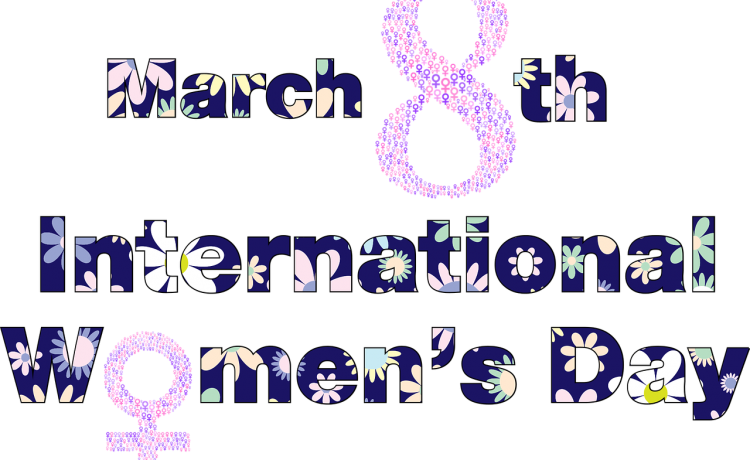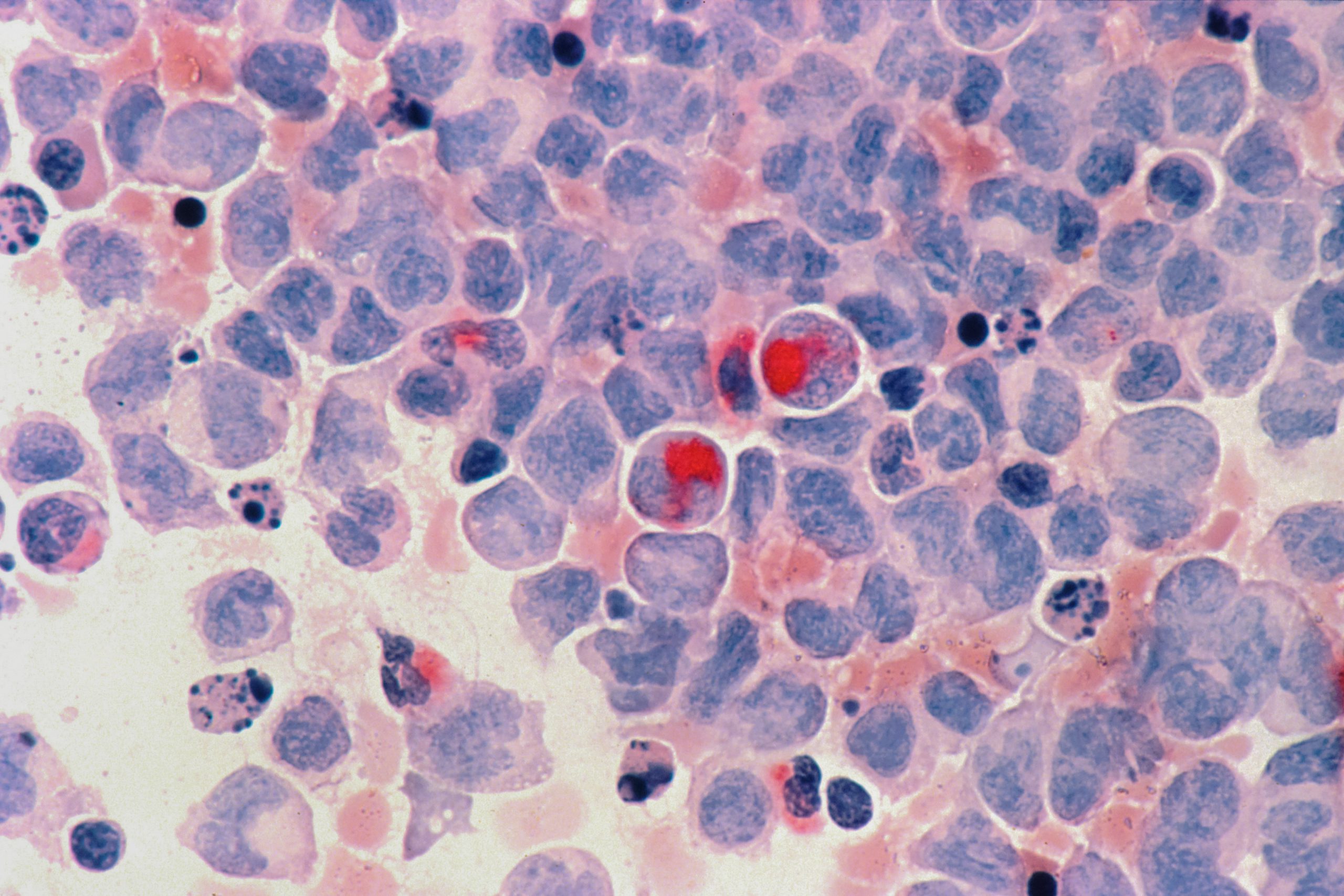Last Updated on March 8, 2023
Today is International Women’s Day. International Women’s Day started in 1908 when 15,000 women marched through New York City to demand shorter hours, better pay, and voting rights after being oppressed and mistreated in the workplace since the Industrial Revolution. The movement spread across the globe in the following years, reaching Europe by 1910 and Russia by 1913. International Women’s Day was officially recognized by the United Nations in 1975.
Women’s health is an important part of International Women’s Day. Women remain an underserved community with unique healthcare costs that are often overlooked by those drafting insurance guidelines. Women can face difficulty accessing healthcare depending on where in the country they are, being believed or taken seriously by healthcare providers, can have their bodily autonomy questioned when seeking certain services, and report forgoing healthcare services more than men. Maternal mortality, women dying of complications of pregnancy or childbirth, is increasing in the United States and is four to six times higher than in many European countries. The Centers for Disease Control and Prevention (CDC) reports a figure of 17.4 maternal deaths per 100,000 births — or 658 women per year — with an enormous racial discrepancy. The rate is 14.7 per 100,000 for white women and 37.1 for Black women.
International Women’s Day honors all women, including transgender women. Transgender people can face significant barriers when accessing healthcare. Finding a healthcare provider who is knowledgeable of transgender health issues can be a hurdle itself. Even after finding a knowledgeable and sympathetic healthcare provider, insurance may not cover the cost of treatment. Nearly 21% of transgender people in the U.S. report being subjected to harsh or abusive language from a healthcare professional, and an almost equal amount say healthcare providers have blamed them for their own health conditions. Transgender people report the highest rates of discrimination and barriers to care among the LGBTQIA community. To avoid discrimination, nearly a third (31%) reported in a survey that none of their healthcare providers knew they were transgender and an additional 17% reported that only some of their providers knew.
Despite the Affordable Care Act (ACA) granting federal protection against discrimination based on gender identity, several states have pushed for laws that forcibly detransition transgender people or criminalize healthcare services for trans people altogether. There have been over 300 anti-transgender bills introduced throughout the country in the first few months of 2023, dozens of harmful op-eds published in national news publications, and calls to “eradicate transgenderism” at right-wing political events. All of this contributes to the likelihood of violence against transgender people — especially trans women of color — and increases the risk of self-harm and suicide among transgender youth. The attacks against transgender people receiving essential gender affirming healthcare has even extended to hospitals being harassed and healthcare providers receiving death threats from those who believe (or willfully perpetuate) transphobic lies.
COVID-19 has affected all facets of healthcare. Women are more likely to have gone without healthcare during the pandemic and to have faced health and economic challenges prior to the pandemic leading to worsening health conditions as a result of skipping health care services. There are also concerns of increased domestic abuse. Every year, more than 10 million Americans experience domestic violence, and the pandemic and isolation necessary to combat the spread of the SARS-CoV-2 coronavirus may have driven those numbers even higher.
The COVID-19 pandemic has had an additionally discouraging effect on reproductive freedom. The bipartisan Coronavirus Aid, Relief, and Economic Security Act (CARES Act) included an unnecessary extension of harmful restrictions on abortion funding, as well as language that cuts Planned Parenthood and other abortion providers out of funding opportunities through small business loans — denying vital support for frontline healthcare providers serving some of the most vulnerable communities over the past three years.
Reproductive freedom is a civil right and abortion is an essential part of healthcare. Approximately one in five people capable of getting pregnant (cisgender women, transgender men, nonbinary people, etc.) will have an abortion by age 30, and one in four by age 45. Multiple studies indicate that the inability to receive abortion care places pregnant individuals further into poverty and harms their health as well as the wellbeing of their current and future children. Many people lack the means and access to decide whether to continue a pregnancy. Limits on federal funding for abortions cause significant harm to low-income people — particularly communities of color, LGTBQIA people, and residents of rural areas. Being denied an abortion leads to worse physical health, greater economic hardship, lower achievement of aspirational plans, children raised in more precarious economic circumstances, and upending people’s lives.
Last year, the U.S. Supreme Court overturned the 50-year-old precedent set by Roe v. Wade that guaranteed the right to abortion based on the 14th Amendment’s Constitutional right to privacy. At the time of writing, a far-right extremist federal judge is poised to overrule the FDA approval of mifepristone — a proven safe prescription for medication abortion for up to 10 weeks of pregnancy — from over 20 years ago. Such an injunction — even a temporary one — would directly cause worse health outcomes and sow confusion affecting patients, pharmacies, and drug manufacturers. The United Nations views abortion bans as a violation of several rights guaranteed under international law; Amnesty International and the International Criminal Court (ICC) consider forced pregnancy a crime against humanity. Despite that, people are facing forced birth in the developed country with the highest maternal mortality rate, where pregnancies and newborn care for the uninsured costs an average of $30,000 to $50,000 (without complications), with no guaranteed paid maternity leave, no universal/subsidized child care, no continued birth/parent care, and frequently inaccessible mental health care. Pregnant people and their children will die as a result.
The politicization of access to safe and legal abortion care has created a false hierarchy of need and importance that runs along existing fault lines of racial and income inequity, mimicking what access to abortion care looked like before the landmark Supreme Court decision. As prior to Roe v. Wade, people with wealth and power will never lack access to abortions when they need them while low-income and vulnerable women — who make up 75% of abortion patients — will have their healthcare criminalized.
NeedyMeds is a diverse workplace with people of varying backgrounds and views. While NeedyMeds does not endorse any candidate or party for any office, it should be clear that our organization supports access to affordable healthcare — including gender affirming care and abortion services — for all who need it. We encourage all eligible Americans to register to vote and participate in local and national elections to see their values are represented in government. To further engage in the legislature, contact your elected representatives to make your voice heard. Call 202-224-3121 to reach the U.S. Capitol switchboard; from there you can be connected to your elected Congressional Representative or Senator’s office. You can find information for your local and state elected officials by searching online.
NeedyMeds has a database of over 20,000 free, low-cost, or sliding scale clinics, nearly 8000 of which offer women’s health services including over 450 Planned Parenthood locations. Search your ZIP code for clinics in your area, and find Women’s Health in Services under the Details heading to find free or low-cost medical attention. Assistance for women’s health can also be found in our Diagnosis-Based Assistance database by searching for conditions that affect the women in our lives, including many that offer various forms of assistance for women seeking an abortion and/or gender affirming care, as well as for those affected by COVID-19. Abortionfinder.org also lists over 700 trusted and verified abortion providers. Avoid fraudulent crisis pregnancy centers. For more resources, check our website at Needymeds.org or call our toll-free helpline at 1-800-503-6897 9am to 5pm Eastern Time Monday through Friday.




